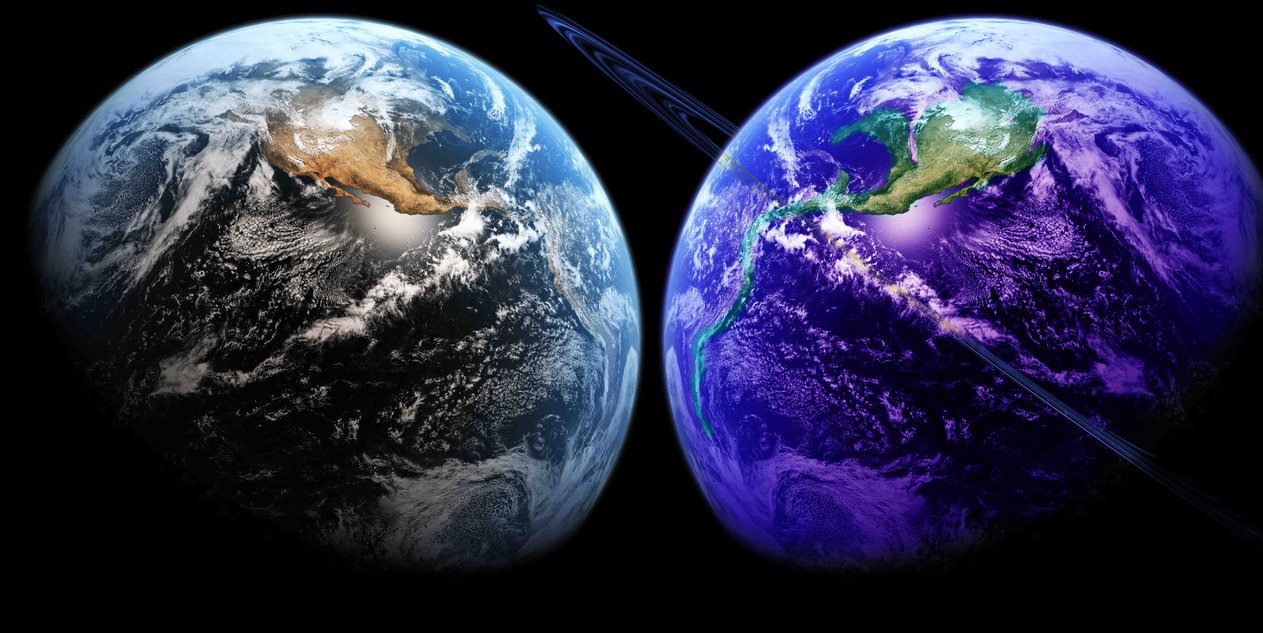 “After excluding all known contaminants…we discovered bacterial DNA that does not match any known species listed in global databanks. We call it unidentified and ‘unclassified’ life,”
“After excluding all known contaminants…we discovered bacterial DNA that does not match any known species listed in global databanks. We call it unidentified and ‘unclassified’ life,”
It starts. We’ve been keeping tabs on the exciting excavation that’s been going on in Antartica’s Lake Vostok. Today, I got news that Russian scientists have unearthed (or is it un-iced?) a core sample that’s over 3,600 meters deep in the ancient Lake Vostok that’s said to contain an unknown strain of bacteria. The DNA makeup of this ancient bacteria did not match any known genetic makeup in the global databanks. This is an entirely new bacterial strain that’s been dormant for tens of thousands of years. In other words, this is just the beginning of the end of the world.
No, not really. But the analysis of the bacteria will probably yield some interesting results. It could us better understand evolution, ours and our planet’s. Take a look at Scientific American for further details:
On January 10th this year Russian scientists reported that they had extracted an ice core from over 3,600 meters depth – containing what was expected to be water forced up under pressure into the borehole from Vostok before freezing solid.
It could be the first time this water has seen sunlight in millions of years, and perhaps tens of thousands of years since it mingled with anything other than the rest of the lake. At the top of the scientific to-do list was to find out if anything lives in Vostok, leading an existence as isolated as its water.
A little over two weeks later a US funded team drilled into Lake Whillans – a shallower, far less extensive body of water under the West Antarctic Ice Sheet. In short order the US team announced that they were finding microbial life, bacteria, in their samples of water and sediment. It seemed that the hunt was warming up for what could be some of the most extreme organisms anywhere.
Vostok is perhaps the greater prize though, and eyes have been on Russia waiting for word on whether anything has indeed come up from the pitch black depths of the coldest place on Earth.
Now, through Russian state media, it has been announced that preliminary examinations of the water indeed reveals signs of life. Not just any life though, the message is that this is microbial life of an ‘unclassified’ nature. To quote the Russian news agency RIA Novosti:
“After excluding all known contaminants…we discovered bacterial DNA that does not match any known species listed in global databanks. We call it unidentified and ‘unclassified’ life,” (Sergei) Bulat said.
It’s being reported that seven samples from the extract ice core show signs of this bacterial DNA. While the technical details are not yet available it seems that when the scientists (including Sergei Bulat of the Laboratory of Eukaryote Genetics at the St. Petersburg Nuclear Physics Institute.) compared this DNA to a database of known species they found no clear match. The closest they could come was about 86% similarity, which is far enough off to suggest a new species.
Update 3/10/13
Phys.org is reporting that there is NO new life form found.
8 commentsSergei Bulat of the genetics laboratory at the Saint Petersburg Institute of Nuclear Physics had said Thursday that samples obtained from the underground Lake Vostok in May 2012 contained a bacteria bearing no resemblance to existing types. But the head of the genetics laboratory at the same institute said on Saturday that the strange life forms were in fact nothing but contaminants. “We found certain specimen, although not many. All of them were contaminants” that were brought there by the lab during research, Vladimir Korolyov told the Interfax news agency. “That is why we cannot say that previously-unknown life was found,” he said. Lake Vostok is the largest subglacial lake in Antarctica and scientists have long wanted to study its eco-system. The Russian team last year drilled almost four kilometres (2.34 miles) to reach the lake and take the samples.
Read more at: http://phys.org/news/2013-03-russia-life-antarctic-lake.html#jCp





